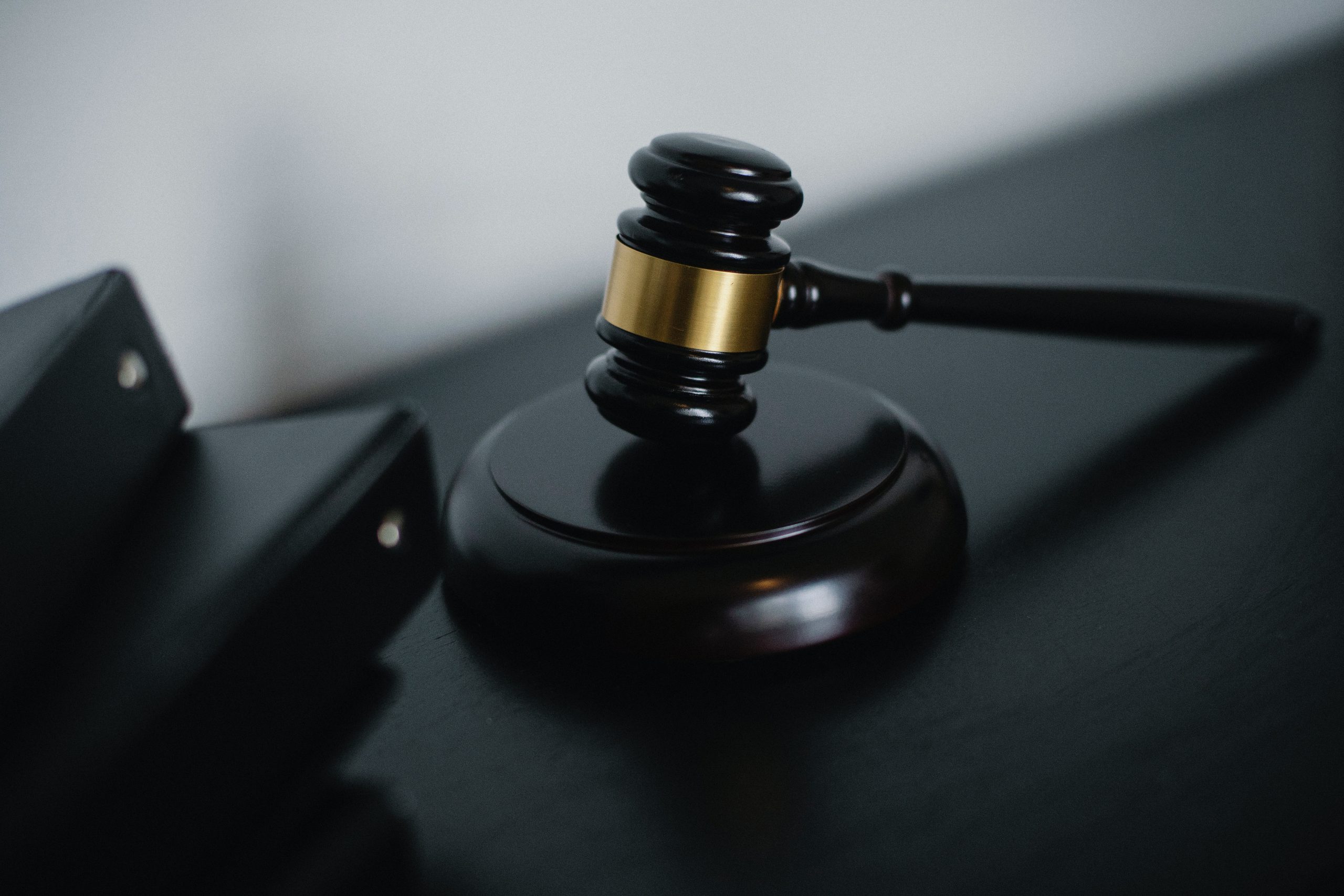Digital Service Act: Regulating the content of digital platforms, Act 1
The Digital Service Act, proposed by the European Commission in early 2020, seeks to implement a new regulatory framework for digital platforms. Grazia Cecere, an economics researcher at Institut Mines-Télécom Business School, explains various aspects of these regulations.
Why has it become necessary to regulate the content of platforms?
Grazia Cecere: Technological developments have changed the role of the internet and platforms. Previous regulations specified that publishers were responsible for the totality of their content, but that web hosts were only responsible if flagged content was not handled adequately. With the emergence of super platforms and social media, the role of web hosts has changed. Their algorithms lead to more specific distribution of content, through rankings, search engine optimization and highlighting content, which may have significant impacts and contain dangerous biases.
What kind of content must be better regulated by digital platforms?
GC: There are many issues addressed, in particular combating cyber-bullying, disinformation and fake news, as well different types of discrimination. Today the platforms’ algorithms self-regulate based on the available data and may reproduce and amplify discrimination that exists in society. For example, if data analyzed by the algorithm shows wage gaps between men and women, it is likely to build models based on this information. So it’s important to identify these kinds of biases and correct them. Discrimination not only poses ethical problems: it also has economic implications. For example, if an algorithm designed to propose a job profile is biased based on an individual’s gender or skin color, the only important criteria – professional ability – will be less clear.
Read more on l’IMTech: Social media: The everyday sexism of advertising algorithms
What does the Digital Service Act propose so that platforms regulate their content?
C: The Digital Service Act seeks to set clear rules for the responsibilities that come with digital platforms. They must monitor the information distributed on their platforms, especially fake news and potentially harmful content. The goal is also to inform users better about the content and ensure their fundamental rights online. Platforms must also increase their transparency and make data about their activity available. This data would then be available to researchers who could test for whether it contains biases. The purpose of the Digital Service Act is to provide a harmonized legislative and regulatory system across all EU member states.
How can platforms regulate their own content?
GC : Another aspect of the Digital Service Act is providing the member states with regulatory instruments for their platforms. Different kinds of tools can be implemented. For example, a tool called “Fast Tracking” is being developed for Google to detect false information about Covid-19 automatically. This kind of tool, which determines whether information is false based on written content, can be complicated since it requires sophisticated natural language processing tools. Some issues are more complicated to regulate than others.
Are digital platforms starting to take into account the Digital Service Act?
GC: It depends on the platform. AirBnb and Uber, for example, have made a lot of data available to researchers so that they can determine what kinds of discriminatory biases it contains. And Google and Facebook are also providing access to an increasing amount of data. But Snapchat and TikTok are a whole other story!
Will the Digital Service Act also help regulate the internet market?
GC: The previous regulation, the E-Commerce Directive, dates from 2000. Over time, it has become obsolete. Internet players today are different than they were 20 years ago and some have a lot more power. One of the challenges is for the internet market to remain open to everyone and for new companies to be able to be founded independently from the super platforms to boost competition, since today, any company that is founded depends on the monopoly of big tech companies.
By Antonin Counillon





